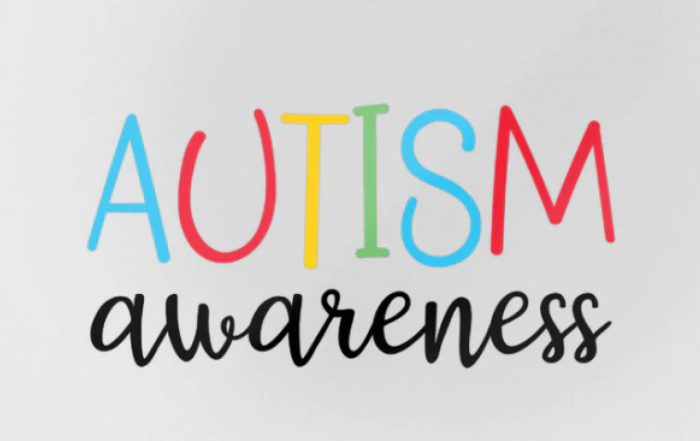A TBI (traumatic brain injury) can temporarily or permanently impact many different areas of functioning. Depending on the severity of the injury and which regions of the brain are affected, survivors can have very different experiences as they recover.
Damage to the brain’s physical structure can impact an individual’s mobility, sensory perception, and even their ability to regulate their mood and emotions. Unlike degenerative illnesses, a TBI can leave survivors and their loved ones feeling like everything changed in an instant. By understanding the scope of the injury and making necessary accommodations, families can better navigate life after a TBI together.
1. Sensory Challenges
Different regions of the brain specialize in particular functions, from motor skills to taste, texture, sound, and smell. As we take in information from the world around us, we count on our brains to translate neural impulses into experiences.
When one or more of these regions is damaged, an individual can experience noticeable changes in the way they process sensory information. Common symptoms might include:
- Sensitivity to light or sound
- Trouble with balance
- Ringing in the ears
- A persistent bad taste in the mouth
- Increased or decreased sensitivity to smell
- Blurry vision
Living with Sensory Changes
A loved one’s new sensory sensitivities or aversions following a TBI can require families to make some changes for their comfort and safety.
Fortunately, many simple modifications can make your home more sensory-friendly. Whether or not the changes in a TBI survivor’s senses are permanent, removing some of these daily hurdles can make recovery a more positive experience.
2. Difficulties with Social Relationships
TBIs can cause deficits that impact survivors’ ability to connect socially. Coordination problems may make speech physically more difficult, or cognitive changes might make it harder to participate in conversations. Individuals recovering from a traumatic brain injury report difficulties staying engaged during social interactions and remembering what’s been said.
These new communication challenges can be frustrating and isolating for people living with a TBI. These individuals are at risk of withdrawing socially, which is particularly unfortunate because of the role that a strong support network plays in recovery.
Managing Relationships After a TBI
Patience and understanding are key. TBI survivors are typically well aware that their cognition has changed, so pointing out that they are repeating themselves will only cause embarrassment and frustration.
Speak clearly, talk about one topic at a time, and allow extra time to process information and respond. Otherwise, treating your loved one as you normally would can go a long way toward helping restore a sense of normalcy.
3. Emotional Changes
Our mood, emotions, and ability to self-regulate are all controlled by different areas of the brain. Damage to these regions can cause unusual, uncharacteristic, or situationally inappropriate behaviors.
People recovering from a TBI may be more prone to emotional outbursts, or they may become very emotionally “flat.” Other common behavioral changes can include:
- Impulsivity
- Disproportionate anger
- Mood swings
- Lethargy
- Ritualistic behavior
- Disinhibition
In addition to emotional challenges that stem from physical changes to the brain, social difficulties and loss of mobility can contribute to depression and anxiety.
Emotional Support for TBI Survivors
It’s important to notice and get help for any alarming emotional or behavioral changes. Professional mental health support is often an important part of TBI recovery.
Because it’s often difficult to predict how long TBI symptoms will last or to what extent they will resolve, survivors shouldn’t wait to seek interventions and learn new coping skills. A patient, supportive network of loved ones and professionals can make all the difference throughout this journey.






